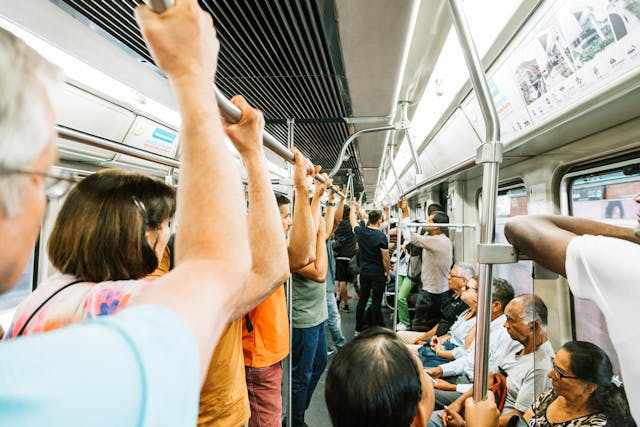Sociodiversity — encompassing the diversity of human opinions, ideas, and behaviours — is a key driver behind many positive developments. Dirk Helbing, an external faculty member at the Complexity Science Hub and a professor at ETH Zurich, explains that when diverse individuals come together with good intentions, they generate innovative ideas that can lead to economic growth. Thus, fostering sociodiversity is crucial for continued innovation and prosperity. A recent study published in the Journal of the Royal Society Open Science by Helbing and a colleague suggests that sociodiversity is reduced in highly centralized social networks, where few individuals hold the majority of connections, demonstrating a classic scenario where the rich get richer.
This centralization is a prevalent issue on platforms like Instagram and X, where celebrities and influential figures amass large followings while most users have few followers. The disparity is further amplified by the visibility that famous individuals receive, enhancing their following through the Matthew effect, thereby increasing network centralization. This centralization, as Dirk Helbing points out, is not just a matter of network structure, but a serious threat to sociodiversity. It undermines the diversity of opinions by marginalizing minority views, often drowned out by more dominant mainstream voices. Instead of allowing majority opinions to suppress new ideas, social networks should provide safe spaces where innovation can flourish without the immediate pressure of mainstream acceptance.
Andrea Musso from CSH and ETH highlights that the longevity of new ideas within a network depends significantly on the structure of the network itself rather than the widespread acceptance of these ideas. This insight into the role of network structures in promoting sociodiversity is enlightening and informs our understanding of innovation. Networks that effectively promote sociodiversity are characterized by features that protect minority opinions, allowing them to develop and potentially influence the broader discourse. Musso and Helbing suggest that simple actions like unfollowing VIPs on social platforms can decentralize networks and promote a richer diversity of ideas, which is essential for innovation, economic resilience, and societal growth.
In their study, the researchers developed and validated a new method to evaluate a network’s ability to maintain sociodiversity. They tested this method on synthetic networks, which can be manipulated to vary centralization, and on more than a hundred real social networks to assess how different structures support or hinder the proliferation of diverse opinions. This method effectively predicted how different network configurations affect sociodiversity, providing a valuable tool for understanding and designing better social platforms.
Helbing’s findings underscore the broader implications of network structures in various areas, from disease spread and traffic management to disaster response and the development of cooperative behaviours. These dynamics often produce counterintuitive results, highlighting the complexity and importance of network theory and the science of complex dynamical systems as fields of study. The ability to predict and manipulate network behaviours can lead to more robust systems that enhance our ability to manage and respond to diverse challenges effectively.
More information: Andrea Musso et al, How networks shape diversity for better or worse, Journal of the Royal Society Open Science. DOI: 10.1098/rsos.230505
Journal information: Journal of the Royal Society Open Science Provided by Complexity Science Hub








